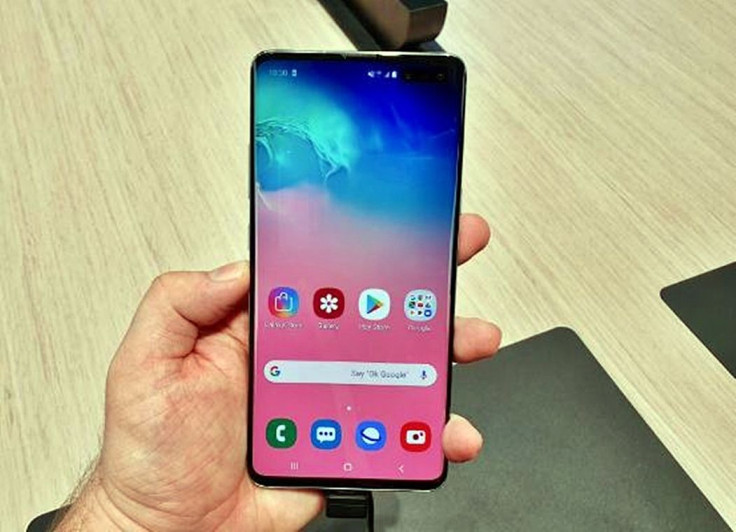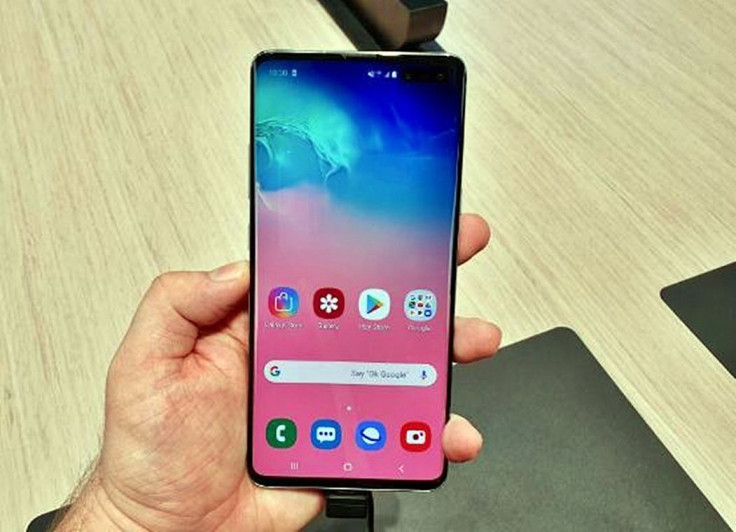5G Health Effects: Dangers Of New Wireless Technology Exposed

5G, the next-generation mobile wireless technology, will create the always-on, always-connected wireless world long-sought by the wide-eyed champions of this technology. It will infuse billions of connected devices, which will ceaselessly emit and receive wireless signals as they work to satisfy users all around the world.
The electromagnetic radiation from the hundreds of billions of 5G-connected devices will bombard the entire planet and most every human on it every second of every day. And herein lies the problem, say critics of 5G concerned about the health hazards of this new technology.
5G is a health risk, they contend, and a mounting number of studies seem to prove this point.
This new tech took its biggest leap forward in April when South Korea proudly boasted to the world that it had become the first country to deploy a nationwide 5G network. Samsung then revealed the world’s first 5G mobilephone, the Samsung Galaxy S10 5G.
The United States plans to roll out nationwide 5G networks over the next few years. China wants to beat the U.S. to this landmark while the 27 countries in the European Union will deploy the tech by the next decade.
5G will be everywhere by the 2020s, and so will be its health dangers. For a start, getting 5G to become ubiquitous will mean building new cell towers, millions and millions of them. These towers bring with them all the health risks associated with overexposure to electromagnetic radiation.
The preliminary results of a the $25 million National Toxicology Program study released in 2016 found a link between cell phone radiation and cancer. It also found an increased risk of radiation exposure beyond what’s deemed safe by the U.S. government.
Critics of 5G and its health dangers admit a lot of research needs to be done before they can definitely say cell phone radiation causes cancer. But the question they pose is: “Should humans be guinea pigs in the meantime?”
“I don’t think it’s clear that there are health risks, but it’s also not clear that there are no health risks,” said Dr Leeka Kheifets, PhD, an epidemiology professor at UCLA.
According to a 2018 study published in the journal Health Physics, extremely fast bursts of data transfer on a device as the result of 5G technology might lead to the heating of skin tissue in exposed people under current safety guidelines.

The study also showed that the peak-to-average power ratio of 1,000 tolerated by the International Council on Non-Ionizing Radiation Protection guidelines may lead to permanent tissue damage after even short exposures.
Another scientific study published in 2018 pointed out the high frequency millimeter waves (MMW) that power 5G have been linked to significant health implications. The evidence suggested MMW increases skin temperature, alters gene expression and promotes cellular proliferation and the synthesis of proteins linked to oxidative stress, among others.



























